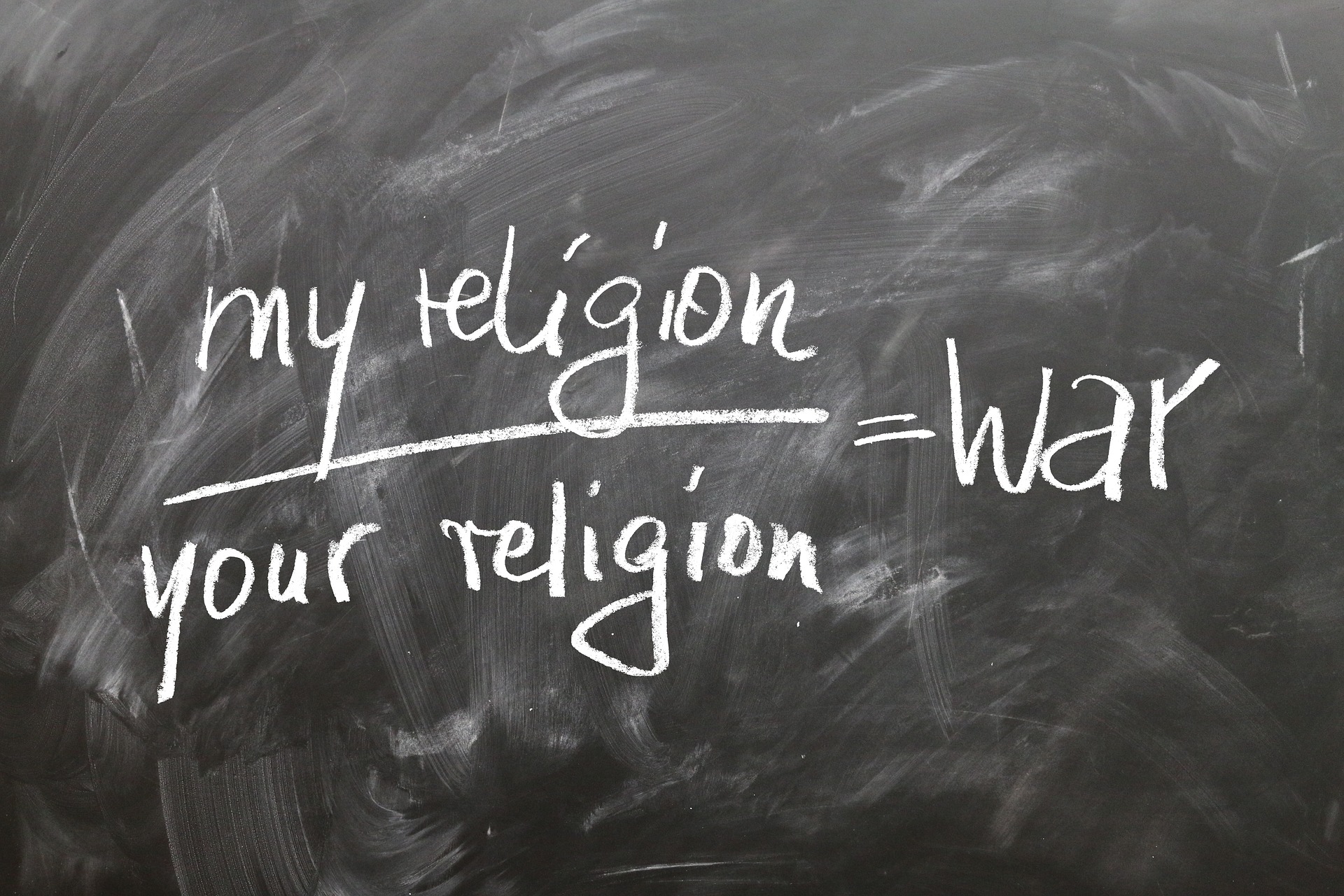
Contemporary Dynamics between the Nation and Religion
Author: Prof. Anna Triandafyllidou, Canada Excellence Research Chair in Migration and Integration Ryerson University, Toronto, Canada
The latest European election has significantly strengthened the presence of far right and populist nationalist parties in the European Parliament even if a far right forces’ victory, as was feared by many, did not materialise. Many of these far right populist parties, like Italy’s Lega, adopt fervent anti-Muslim and anti-immigrant discourses curving a new type of nationalism that is both aggressive and chauvinistic. It is important indeed to try and understand the dynamics that lie behind such discourses and attitudes by taking a step back and trying to look at wider socio economic and political developments in the last ten years both within Europe and worldwide and trying to make sense of this tight embrace that emerges between new nationalisms and religious Others.
Indeed, during the 2010s European public opinion and political leaders, squeezed by several problems – notably a fragile recovery from a long financial and economic crisis, an imploding Middle East and political unrest and instability across several Arab countries, persisting asylum seeking and migration pressures from Asia and Africa, and persisting challenges of socio cultural integration of migrants and minorities – have been tempted to conflate these different challenges into a one-size-fit-all explanation based on a presumed “clash of civilisations” between the West and Islam. In this difficult context, international Jihadist terrorism has accelerated the sense of insecurity and threat, in a globalising, borderless world reinforcing far right discourses asserting that: European countries were confronted with a triple menace: a cultural invasion from within; a domestic terrorist network creeping into society also from within; and a geopolitical threat from ISIS, both as an Islamic state and through its terrorist attacks.
Geopolitics have thus taken up strong religious connotations (such as those of the “War on Terror” or the overall Islamophobia discourses erupting in different places in Europe) and have become constitutive elements of rising nationalist discourses in different European countries. While the connection between national/local challenges and global geopolitics with the Rushdie affair in Britain (when at the time as Ayatollah Khomeini issued a fatwa against Salman Rushdie because of his blasphemous “Satanic Verses”) caused both national and international upheaval as something unexpected and novel, today such a connection has taken a central place in nationalism discourses. The nation affirms itself not only in its cultural, religious or territorial homogeneity and uniqueness but also through its positioning in a global landscape of Christian or secular Europe vs Islam and the Muslim Other. Addressing these socio-political challenges today requires acknowledging this reciprocal projection of the local/national and the global, which fire back to one another usually with detrimental results for tolerance and respect. These trends observed and analysed in Europe emerge also albeit in different forms in important countries in Europe and Asia such as Turkey or India, for instance, which are both experiencing a rise of assertive and even aggressive nationalism.
The fall of the Soviet Union and the re-shuffling of the Left and Right, the forces of globalisation and the reorganisation of the global geopolitical landscape have affected internal nationalist and religious dynamics in both Turkey and India. In both countries, like in Europe, the geopolitical reorganisation on one hand, and the insecurity and fluidity brought about by globalisation have favoured the emergence and strengthening of exclusionary forms of nationalism which have been further reinforced by both identifying the national majority with a given religion (Islam in Turkey and Hinduism in India) but also by Othering minorities whether religious communities or simply secularists.
Contemporary dynamics between the nation and religion need to be understood in their interactive character taking into account how they are affected by socio-economic and geopolitical transformations both within the nation-state and globally. We need to pay special attention to how nationalism and particularly exclusionary and religiously informed nationalism can be mobilised by political elites to respond to both socioeconomic and geopolitical insecurity, and at the same time reaffirming the nation’s and nation state’s position in a globalising world. Assertive nationalism in the age of globalization marks a new form of identity politics that focuses on the majority and the presumes injustices it has suffered. Religion lends itself then to these new anti-globalisation nationalisms both to reinforce national identity and to construct internal and external Others against which the nation needs to assert itself.


